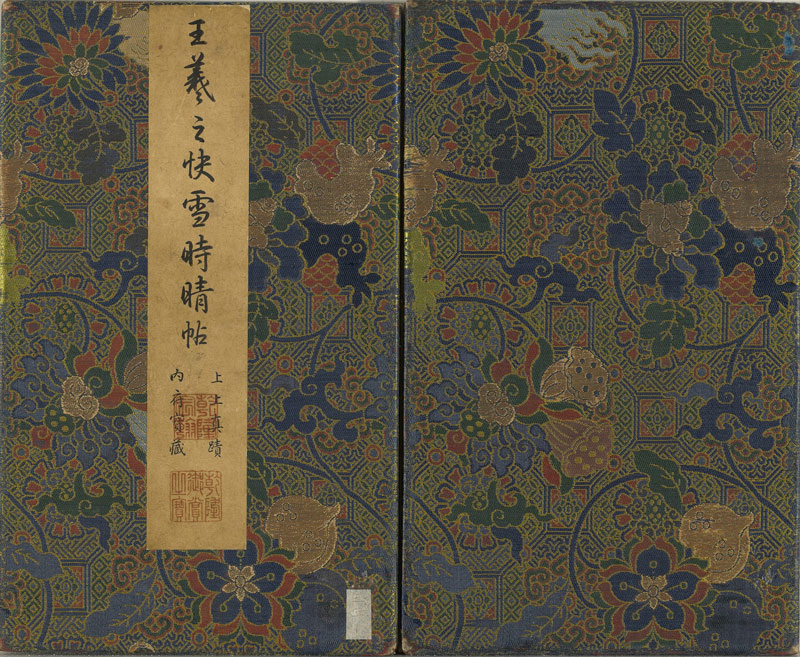-

Timely Clearing After Snowfall. Eastern Jin Dynasty. Wang Xizhi. Calligraphy
《Kuaixue Shiqing Tie》 is a running script work created by calligrapher Wang Xizhi of the Eastern Jin Dynasty. The full text consists of four lines and 28 characters.

《Kuaixue Shiqing Tie》 is a running script work created by calligrapher Wang Xizhi of the Eastern Jin Dynasty. The full text consists of four lines and 28 characters.